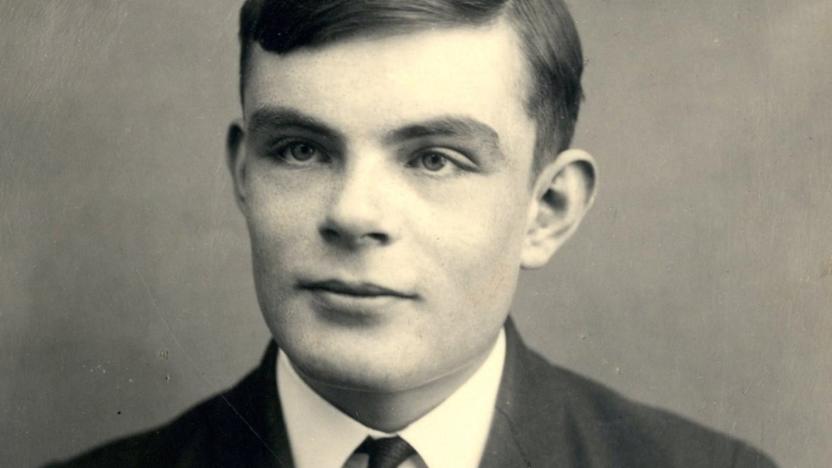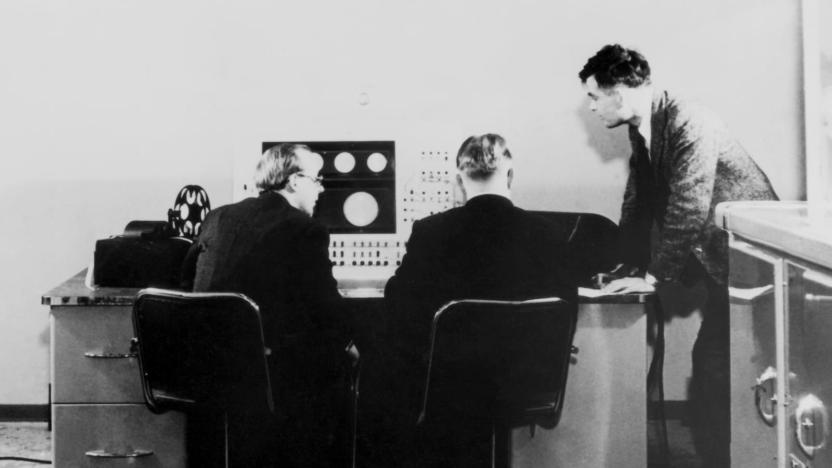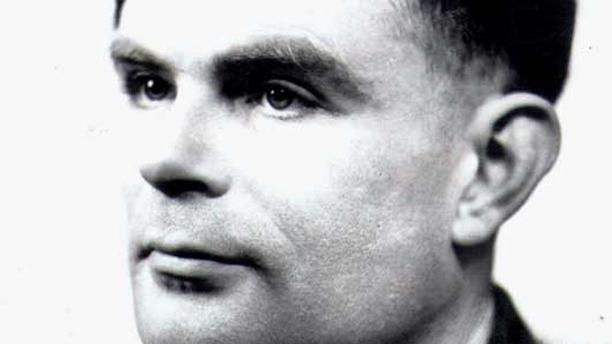TL19TEST
Latest

The Bank of England will honor Alan Turing on its new £50 note
The Bank of England has chosen Alan Turing, computing pioneer and a code-cracker during World War Two, to be featured on its new £50 note. Turing contributed significantly to the field of mathematics, but his achievements were not fully recognized during his lifetime as he was gay, which was illegal at the time.

UK 'Turing Law' will posthumously pardon convicted gay men
Under new legislation, thousands of gay and bisexual men will receive posthumous pardons from the UK government. Dubbed the "Alan Turing Law," an amendment to the Policing and Crime Bill will rectify old convictions for consensual same-sex relationships, which were decriminalised in England and Wales in 1967. The policy builds on the case of Alan Turing, a brilliant cryptographer who helped Britain and the Allied Powers decode messages during World War II. Turing was prosecuted in 1952 for homosexual acts and died in 1954 from cyanide poisoning. In 2009, the British government officially apologised for his treatment, before a posthumous pardon was granted by Queen Elizabeth II in 2013.

Alan Turing's groundbreaking synthesizer music restored
Alan Turing is known for a few small achievements, like helping end World War II, laying the groundwork for modern computers and developing the "Turing test" for machine intelligence. You may not be aware, however, that he paved the way for synthesizers and electronica by inventing the first computer-generated musical tones. A pair of researchers from the University of Cantebury have now restored the first-ever recording made from Turing's "synthesizer."

'The Imitation Game' puts the spotlight on Alan Turing and his groundbreaking machine
It is the height of the Second World War. A group of codebreakers stands in a dimly lit warehouse 50 miles northwest of London, a giant machine composed of spinning drums and wires looms in front of them. It's taken years of work -- as well as a few shouting matches -- to get the device assembled and ready to start sorting through 159 quintillion combinations in search of the one that will let the British crack the Germans' infamous Enigma machine. The switch is flipped and nine rows of drums begin spinning as the assembled group waits... and waits. It takes a while to go through each combination, and staring at the device has all the excitement of watching laundry spin in a dryer. Frustration quickly sets in and tensions mount, because for the team in The Imitation Game, guns and tanks are not the weapons they fear. Their enemy is time.

UK pardons computing pioneer Alan Turing
Campaigners have spent years demanding that the UK exonerate computing legend Alan Turing, and they're finally getting their wish. Queen Elizabeth II has just used her royal prerogative to pardon Turing, 61 years after an indecency conviction that many now see as unjust. The criminal charge shouldn't overshadow Turing's vital cryptoanalysis work during World War II, Justice Secretary Chris Grayling said when explaining the move. The pardon is a purely symbolic gesture, but an important one all the same -- it acknowledges that the conviction cut short the career of a man who defended his country, broke ground in artificial intelligence and formalized computing concepts like algorithms.

Remembering Alan Turing at 100
Alan Turing would have turned 100 this week, an event that would have, no doubt, been greeted with all manner of pomp -- the centennial of a man whose mid-century concepts would set the stage for modern computing. Turing, of course, never made it that far, found dead at age 41 from cyanide poisoning, possibly self-inflicted. His story is that of a brilliant mind cut down in its prime for sad and ultimately baffling reasons, a man who accomplished so much in a short time and almost certainly would have had far more to give, if not for a society that couldn't accept him for who he was. The London-born computing pioneer's name is probably most immediately recognized in the form of the Turing Machine, the "automatic machine" he discussed in a 1936 paper and formally extrapolated over the years. The concept would help lay the foundation for future computer science, arguing that a simple machine, given enough tape (or, perhaps more appropriately in the modern sense, storage) could be used to solve complex equations. All that was needed as Turing laid it out, was a writing method, a way of manipulating what's written and a really long ream to write on. In order to increase the complexity, only the storage, not the machine, needs upgrading.





